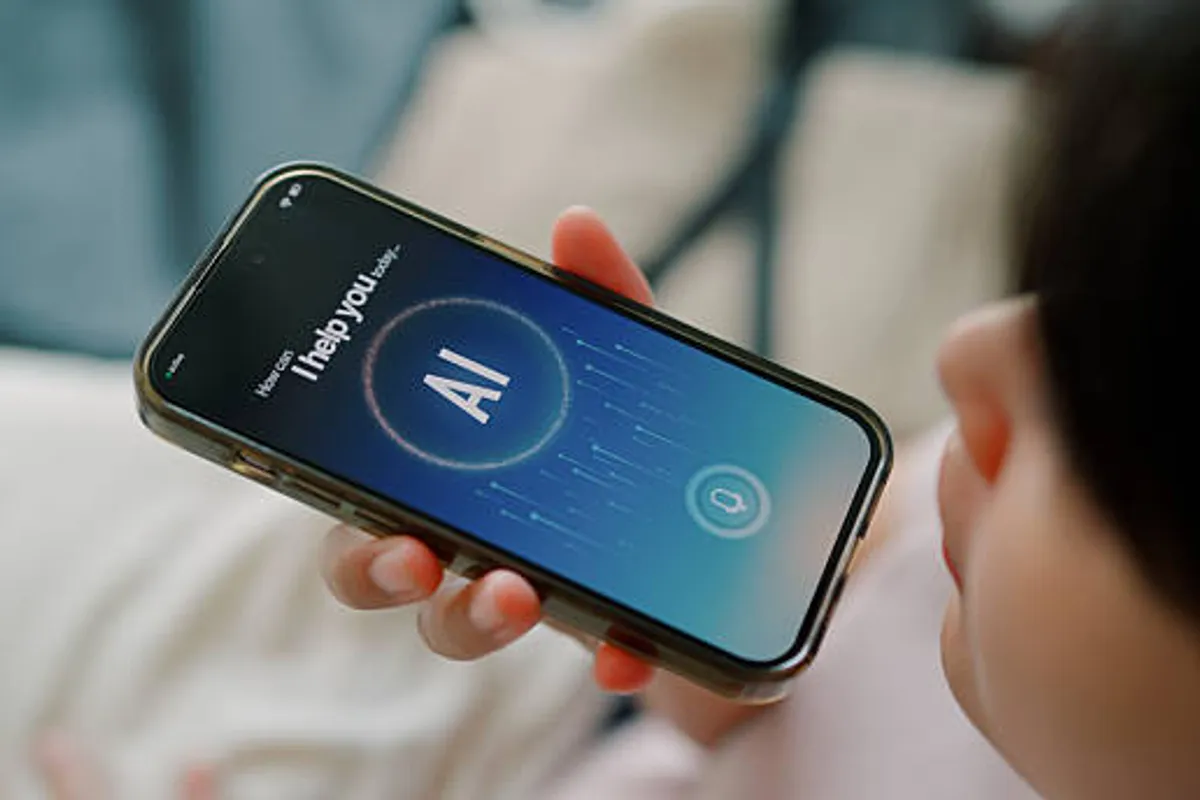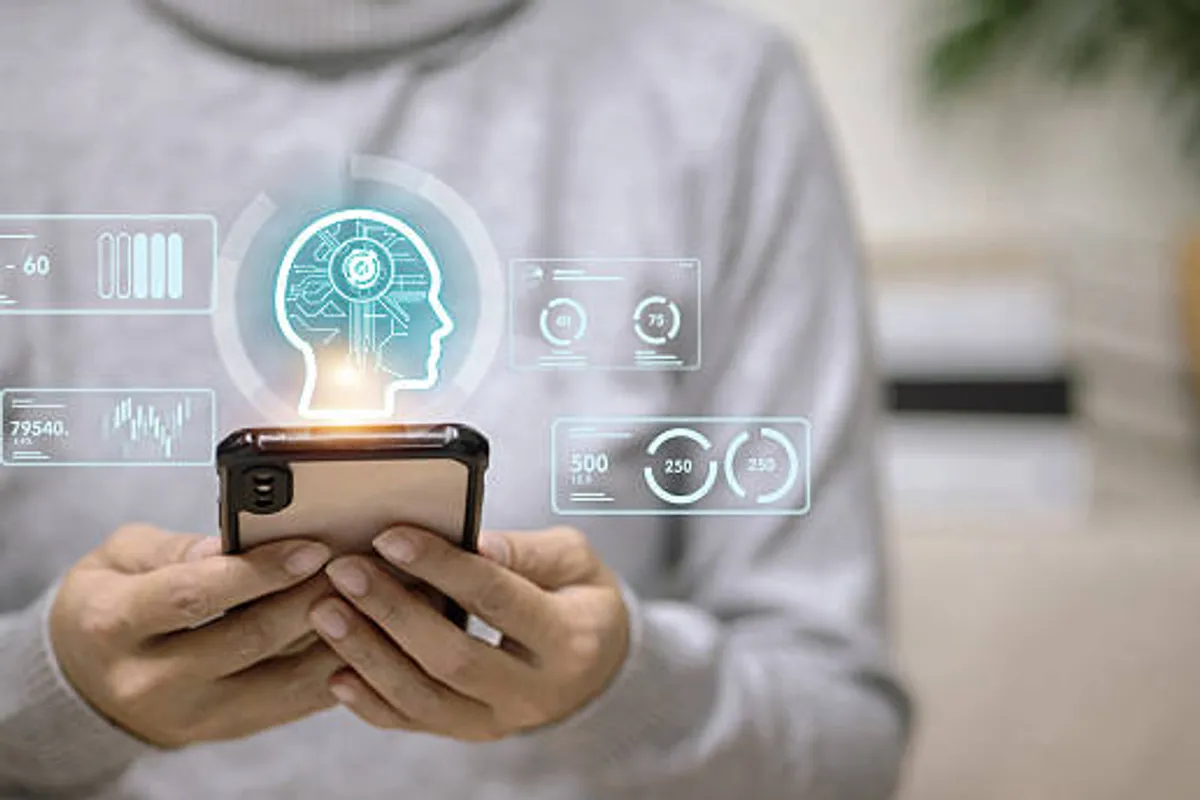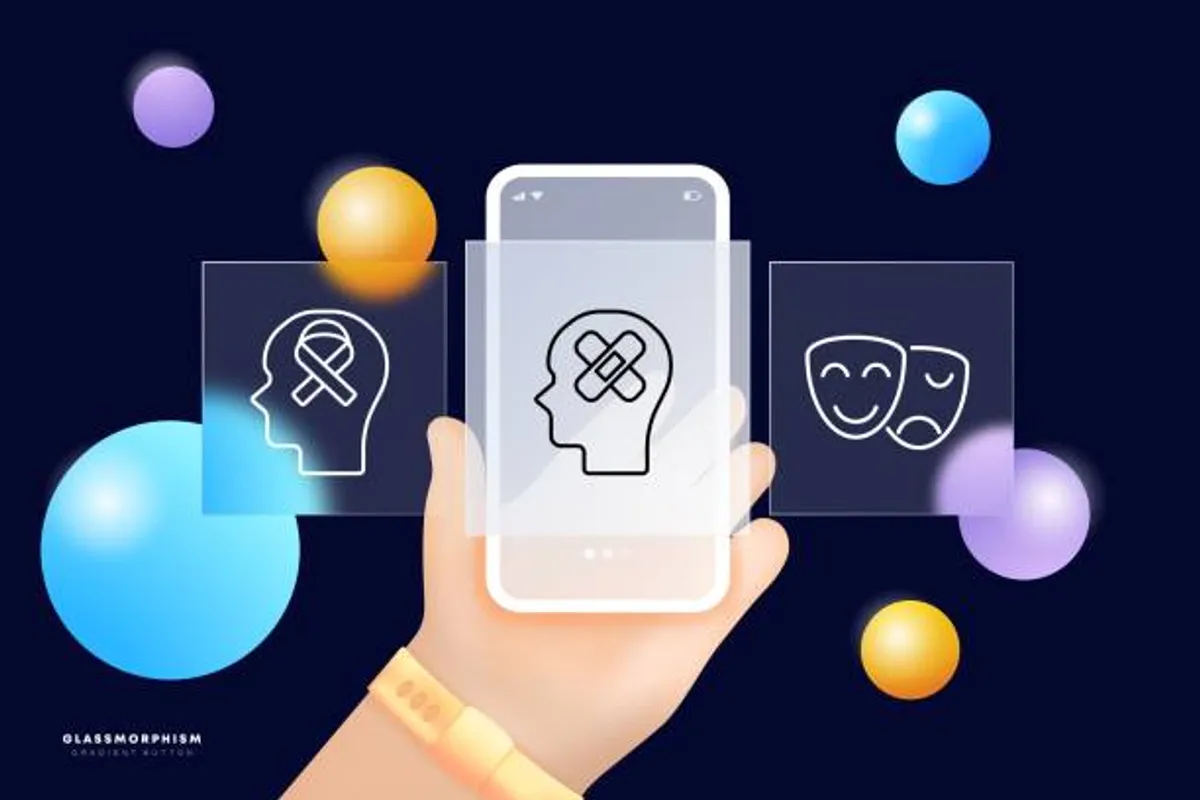AI Companions and Therapy Apps: Do They Really Help Mental Health?

GeokHub

Artificial Intelligence is no longer confined to labs and tech companies. In 2025, millions of people are turning to AI companions and therapy apps for mental health support. From chatbots that listen when no one else will, to digital tools that guide meditation or track mood patterns, the question is becoming increasingly important: Do these tools actually improve mental well-being, or are they just digital distractions?
This article explores the science, benefits, and limitations of AI-powered mental health companions — and what experts say you should know before relying on them.
How AI Companions Work
AI companions use natural language processing (NLP) and machine learning to simulate human-like conversations. Many apps are trained on vast datasets, allowing them to recognize emotional cues and provide tailored responses. Some are designed as virtual therapists, while others act as supportive “digital friends.”
Common features include:
- Mood tracking (daily emotional check-ins).
- Cognitive Behavioral Therapy (CBT)-based prompts.
- Meditation and mindfulness sessions.
- Crisis resources and referrals.
The Benefits: Accessibility and Anonymity
1. 24/7 Availability
Unlike human therapists, AI companions don’t keep office hours. This makes them attractive for people who need immediate comfort at 2 a.m.
2. Reduced Stigma
Talking to a machine feels safer for individuals hesitant to open up about anxiety, depression, or loneliness. Anonymity can lower the barrier to seeking help.
3. Cost-Effective
Therapy apps are often cheaper than traditional counseling, sometimes even free, making them more accessible for low-income users.
4. Complementary to Therapy
Some psychologists recommend using AI apps as a supplement to professional treatment, helping patients practice coping strategies between sessions.
The Limitations: Where AI Falls Short
1. Lack of Human Empathy
AI may mimic empathy, but it cannot replace genuine human connection. Subtle emotional cues, cultural context, and lived experiences are often missed.
2. Safety Concerns
If someone is in crisis, not all apps are trained to handle emergencies. Misguided advice or delayed intervention could put users at risk.
3. Privacy Risks
Storing sensitive emotional data on apps creates concerns about data leaks and misuse. Some platforms share anonymized data with third parties.
4. Over-Reliance
Experts warn against replacing therapy entirely with apps. Over-reliance may prevent people from seeking real medical attention when necessary.
What the Research Says
Recent studies show mixed results:
- A 2024 Stanford study found that AI therapy apps reduced self-reported stress by 23% among participants.
- However, another review in the Journal of Mental Health Technology noted that effectiveness varied widely depending on the app’s design, accuracy, and user engagement.
Psychologists generally agree: AI can provide short-term relief and coping support, but it is not a cure-all for mental illness.
Best Practices if You’re Using AI Mental Health Apps
- Choose reputable apps with strong privacy policies.
- Use them as supplements, not substitutes for therapy.
- Stay alert to red flags — if you feel worse, stop using the app.
- Combine with offline practices such as journaling, exercise, and mindfulness.
Final Thoughts
AI companions and therapy apps are reshaping the mental health landscape. They can help reduce loneliness, provide coping strategies, and make mental health tools more accessible than ever before. But they are not a replacement for human therapists, community, or professional care.
The healthiest approach? Treat AI companions as a supportive tool, not a solution in itself. Like all technology, their impact depends on how responsibly we use them.








